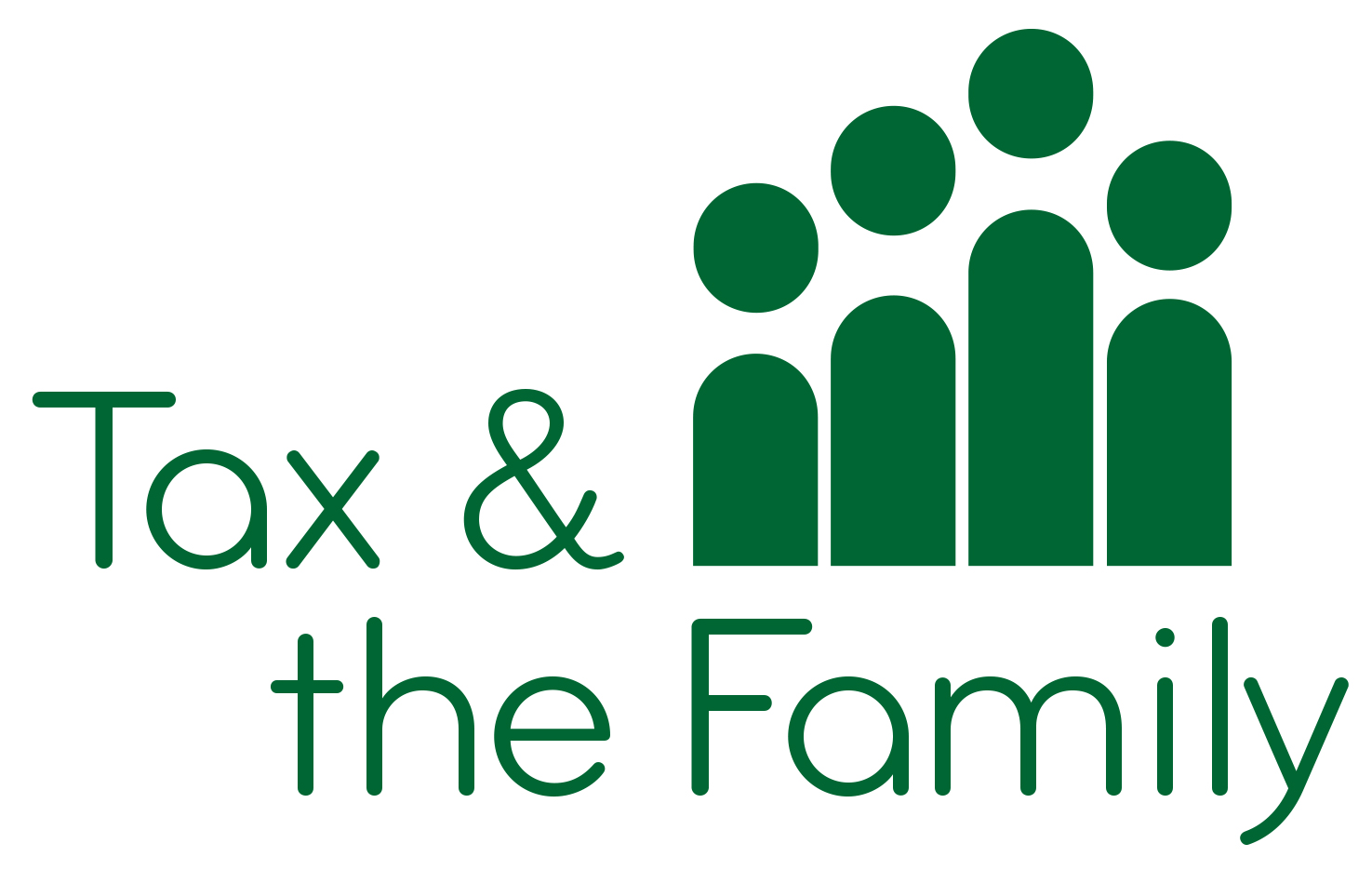Cost of living crisis – is cutting income tax cut an option?
With the campaign for the leadership of the Conservative Party in full swing, more and more tax cuts are being promised without their implications being properly considered. It is likely therefore that the next Chancellor of the Exchequer will be saddled with a programme which may well not help families struggling to cope with the rise in the cost of living.
Every household will be affected by the rise in the cost of living, but some will be affected more than others. Households with children will be more affected by the rise in the cost of living than those without. They have more mouths to feed. They need a higher disposable income. Households with children pay much more tax than similar families in other countries whereas taxpayers without children pay less. In the UK even families in poverty are paying income tax.
The problem for the Chancellor is that cutting the tax rate or increasing the threshold are expensive but don’t deliver much for households who will be most affected by the rise in the cost of living. The proposed cut in the basic rate of income tax will cost £6 billion and most of the benefit will go to households without children.
If the new Chancellor wants families to keep more of what they earn their tax must be reduced. The Treasury say they can’t focus cuts on families because we have a system of independent taxation. This is wrong. Independent taxation does not mean that we have to rule out tax changes which allow families to keep more of their earnings.
Given the political will, the income tax burden on families could be reduced. Income tax changes do however take time not least because of the need to redesign computer systems. The planning for bringing the UK income tax closer to those in Germany, France and the US could start now. The financial problems so many households with children face are likely to last for some time and have their roots in a tax system in which liabilities take almost no account of the family.
There are, however, things that could possibly be done almost immediately. The marriage allowance which allows someone to transfer 10% of their personal allowance to their spouse or civil partner could be increased and extended to all couples with children, and the cliff edge withdrawal replaced by a marginal provision. The married couples allowance (MCA) and the additional personal allowance for parents who were not entitled to the MCA which were part of the tax system in the 1990s could be reintroduced.
Another way of supporting families in the interim would be to increase child benefits. These replaced child tax allowances, but have been all but frozen since 2010 and taken away from middle-income families by the High Income Child Benefit Charge which starts at £50,000 and runs out at £60,000. The Treasury say that a couple with two children needs more than £50,000 gross income to be in the 5th decile. They may need over £40,000 to avoid being in poverty. With three children they will probably need £65,000 this year to be in the 5th decile and over £44,000 to avoid being in poverty. Earning over £60,000 they pay the same tax as a single taxpayer without children who is likely to be the top 20%.
Any tax cut needs to be focussed on families. Cutting the basic rate should not be on the agenda.
